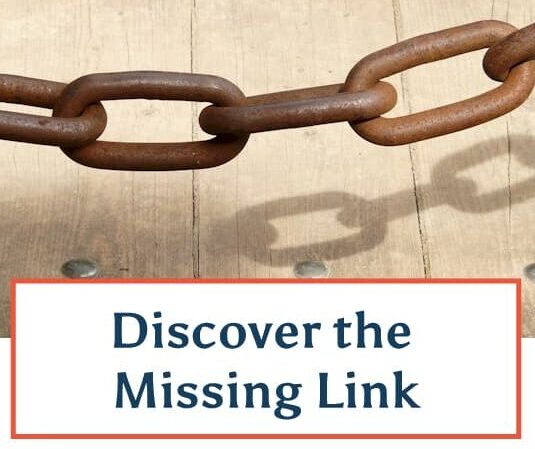As many of you may remember, I had a lovely time a while ago with people stealing text from my website. Now, someone has upped the anty by stealing the layout and logo design of my website. How did I find out? A colleague noticed the similarities and let me know. I contacted the life coach who's logo and banner layout was extraordinarily similar …
Are Thieves Stealing Your Website Text?
Last week, I promised you a story about a thief. There are some extraordinarily lazy people out there who would rather steal the carefully-crafted text from your site and put it on their own, rather than do the work on describing their own services and products. Think it doesn't happen or won't happen to you? Think again. Back in 2004, I wrote …
Who Owns Your Website?
Recently I heard a story that bears repeating: Several years ago, a well-established company had hired a website designer to create their website for them. After working with this graphic artist for several years, they decided to move to a new graphic artist (my colleague). At the same time, they decided to move to a new hosting company, so they …
The Plagiarism Saga Continues (Sorta…)
Imagine my surprise this evening when I opened my email and saw this EntireWeb Ezine that was sent an hour earlier. What's the big deal, right? Except that this author took my article bullets and simply re-wrote the text. I give up. What's the point in writing original articles if someone's just going to borrow your whole article premise, …
Do You Know What Really Hurts?
In the continuing saga of plagiarized website text, I received an email this morning from a coaching colleague, who pointed out that there is another, fifth, site that has stolen my text. I should be immune to this pain by now, right? Here’s the kicker, and why this particular one is so painful: this coach is an MCC (Master Certified Coach) which …





